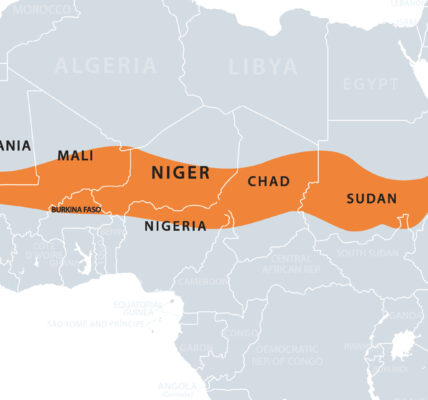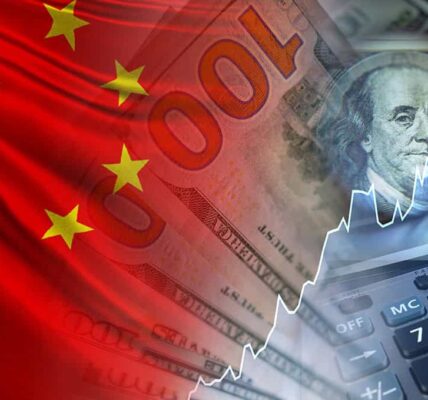Donald Trump’s push to investigate the U.S. reliance on foreign copper could signal a major shift in global copper trade—with Africa’s copper industry standing directly in the crosshairs. As global demand for copper surges, especially due to the rise of artificial intelligence, new tariffs could disrupt a key growth engine for African economies.
Section 232 Investigation: National Security and Copper Supply
In early 2025, Trump launched a Section 232 investigation into the U.S. dependence on imported copper, framing it as a national security issue. According to the former president, excessive foreign dependence could threaten America’s defense sector, infrastructure development, and technological innovation. The investigation could ultimately lead to tariffs, potentially upending supply chains and markets.
Copper, prized for its superior electrical conductivity, is a foundational material in AI data centers, military aircraft, and ship propulsion systems—making it critical for both economic and defense priorities.
Booming Demand, Tight Supply
U.S. copper imports made up 45% of domestic consumption in 2024, a dramatic rise from near-zero levels in 1991. Analysts predict demand will double in the next decade, driven by green energy technologies and the digital economy.
However, supply has struggled to keep up due to underinvestment over the past 15 years. Rob McEwen, owner of McEwen Mining, highlighted the growing supply-demand gap, stressing the need for urgent action to avoid shortages.
Copper Strategy: Tariffs vs. Industry Preferences
While the Trump administration is considering tariffs to curb import dependence, copper industry leaders argue this would be counterproductive. Opening new mines can take years of regulatory approvals and investment. Instead, the industry supports tax incentives and regulatory streamlining, not additional trade barriers.
The U.S. has also explored a strategy that includes increasing domestic production, expanding recycling efforts, and partnering with key producers like Chile, Peru, Canada, and Mexico.
Africa’s Role in the Global Copper Market
Africa, particularly the Democratic Republic of the Congo (DRC) and Zambia, plays a vital role in the copper supply chain. In 2023, the DRC accounted for 11% of global copper output, and both countries have attracted major investment in recent years due to rising demand.
But proposed U.S. tariffs could jeopardize that growth, despite previous signs of alignment between African producers and the Trump administration.
Morocco: A Unique Position in U.S.-Africa Trade
One African country that may benefit from the evolving trade landscape is Morocco—currently the only African nation with a free trade agreement (FTA) with the U.S. This agreement could offer Morocco preferential access to the American market, especially if copper is added to the critical minerals list under the Inflation Reduction Act (IRA).
Trump’s appointment of Ned Mamula to lead the U.S. Geological Survey (USGS) signals a potential expansion of the critical minerals list to include copper, uranium, and potash. If approved, this move would unlock federal funding and accelerate support for producers aligned with U.S. strategic interests.
Conclusion: Uncertainty Ahead for African Copper Producers
As the U.S. evaluates its long-term copper strategy, the future of Africa’s copper industry hangs in the balance. While Morocco could gain from its unique trade ties, major producers like the DRC and Zambia face growing uncertainty. With tariffs looming, African stakeholders are closely watching Washington’s next move—hoping that economic logic and global cooperation will prevail over protectionism.




